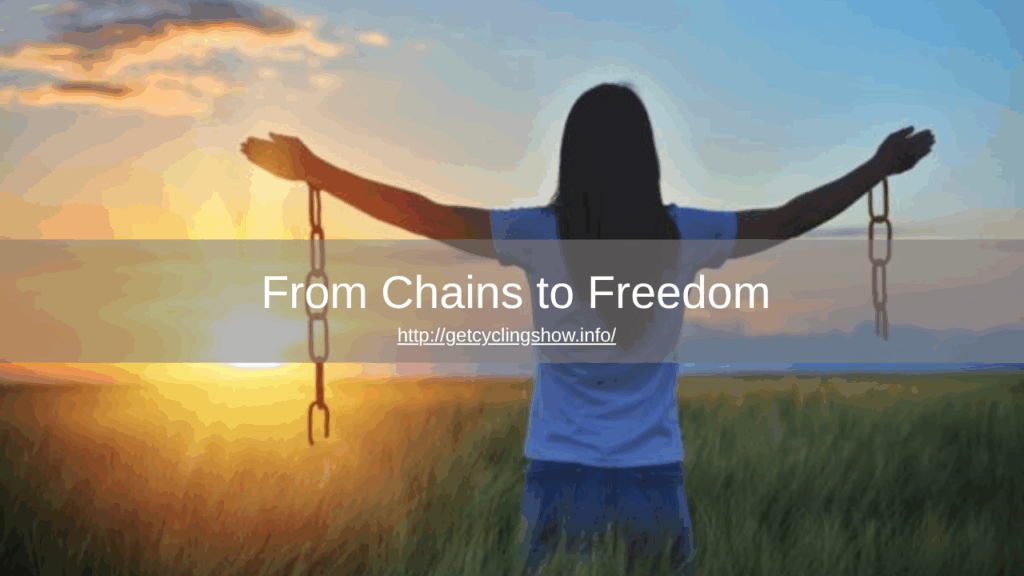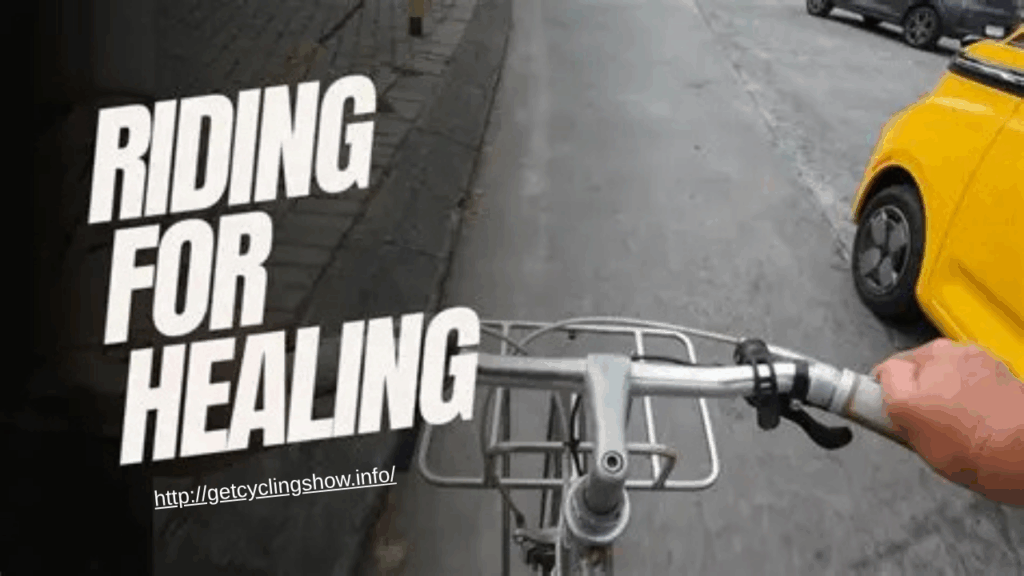Recovery from addiction is a journey that challenges the body, mind, and spirit. Finding activities that promote healing on all these levels can make a profound difference. One powerful tool often overlooked in holistic treatment is biking. Beyond physical exercise, cycling encourages mental clarity, emotional balance, and a sense of purpose. At Get Cycling Show, combining cycling with personalized, faith-based, and holistic care offers individuals a meaningful way to strengthen themselves and sustain long-term recovery.
How Cycling Supports Physical Healing
Addiction takes a significant toll on the body. Many individuals in recovery face fatigue, weakened immunity, and other health complications. Cycling is a low-impact form of exercise that promotes cardiovascular health, builds endurance, and strengthens muscles without placing undue strain on the body.
Key Physical Benefits
1. Boosts Cardiovascular Health: Regular cycling improves heart and lung function, helping the body recover from the physical effects of substance use.
2. Enhances Energy and Stamina: As endurance improves, individuals feel stronger and more capable of handling daily challenges in recovery.
3. Supports Weight Management and Metabolism: Healthy activity helps regulate appetite and metabolism, addressing some of the physical imbalances caused by addiction.
Incorporating biking into a daily routine supports overall wellness, giving individuals the energy and vitality needed to focus on their recovery journey.
Cycling for Mental Clarity and Emotional Balance
Recovery is not just a physical process—it is deeply mental and emotional. The rhythmic motion of pedaling, coupled with time spent outdoors, encourages mindfulness and focus. Cycling allows individuals to clear their minds, reflect on progress, and gain perspective.
Mental and Emotional Benefits
1. Reduces Anxiety and Stress: Exercise releases endorphins, which naturally improve mood and reduce feelings of anxiety or depression.
2. Encourages Mindfulness: Concentrating on the ride helps individuals stay present, reducing intrusive thoughts and cravings.
3. Builds Emotional Resilience: Overcoming the challenges of a long ride mirrors the process of overcoming addiction, reinforcing confidence and self-efficacy.
By promoting mental clarity and emotional stability, cycling helps individuals develop healthier coping mechanisms for the challenges of recovery.
Creating Routine and Community Through Cycling
Routine is essential in early recovery. Cycling can provide structure, purpose, and motivation, replacing unhealthy habits with positive ones. Joining group rides or community biking events also fosters social connection, accountability, and encouragement.
Building a Supportive Recovery Environment
1. Goal Setting: Tracking mileage, speed, or frequency offers measurable progress and a sense of achievement.
2. Social Engagement: Shared rides foster connection, reducing isolation—a major risk factor for relapse.
3. Personal Empowerment: Completing challenging rides reinforces self-confidence, reminding individuals of their strength and determination.
These aspects of cycling create a holistic support system that encourages sustainable recovery and personal growth.
Integrating Cycling with Holistic and Professional Care
At Get Cycling Show, cycling is integrated into a comprehensive recovery program that addresses body, mind, and spirit. Alongside inpatient or outpatient care, counseling, nutrition, mindfulness practices, and faith-based support, cycling strengthens recovery outcomes and promotes long-term wellness.
By combining physical activity with professional treatment, individuals gain practical tools and personal empowerment that reinforce both physical health and emotional well-being.
Conclusion
Biking is more than exercise—it is a pathway to holistic recovery. It strengthens the body, clarifies the mind, and builds emotional resilience, supporting the journey toward lasting sobriety.
If you or a loved one is seeking compassionate, individualized care in recovery, Get Cycling Show provides professional guidance integrated with holistic practices. Start your journey today, embrace the power of the ride, and pedal toward a stronger, healthier, and more balanced life.

